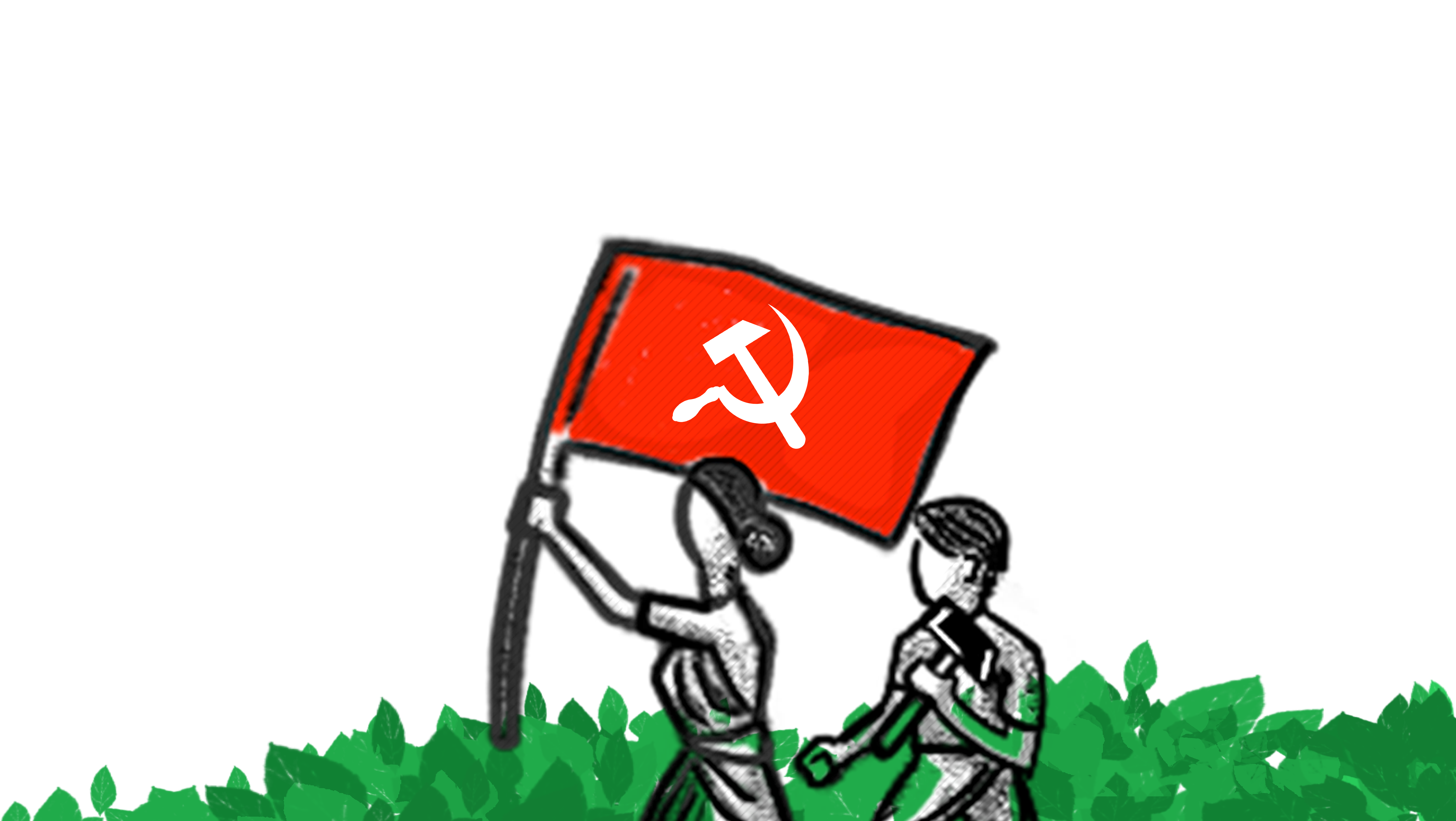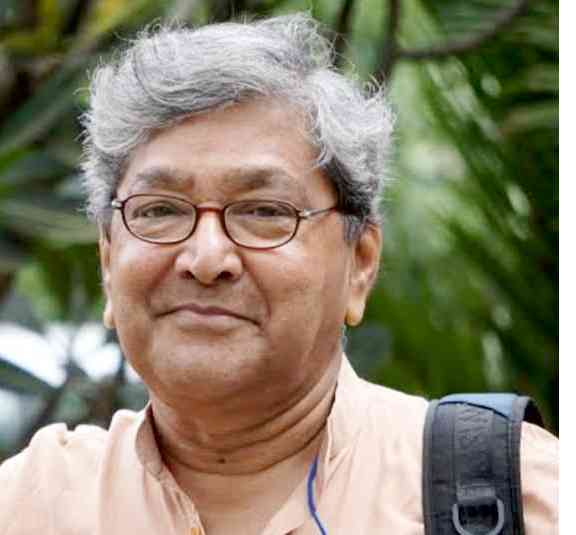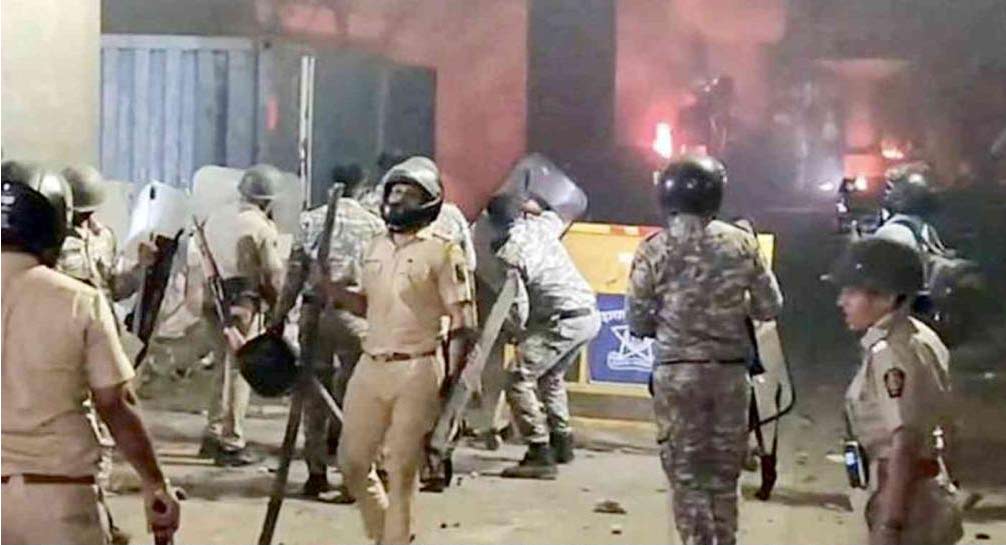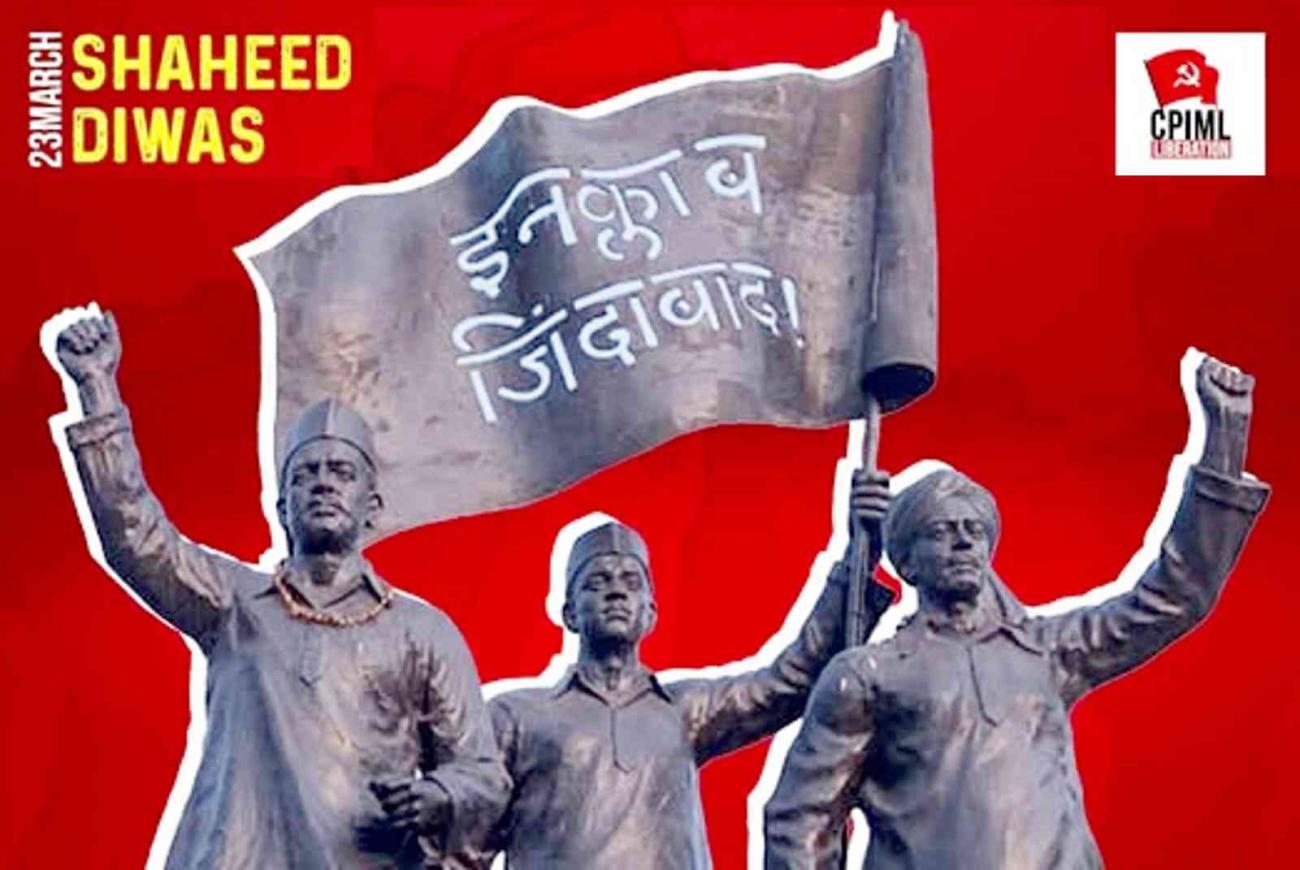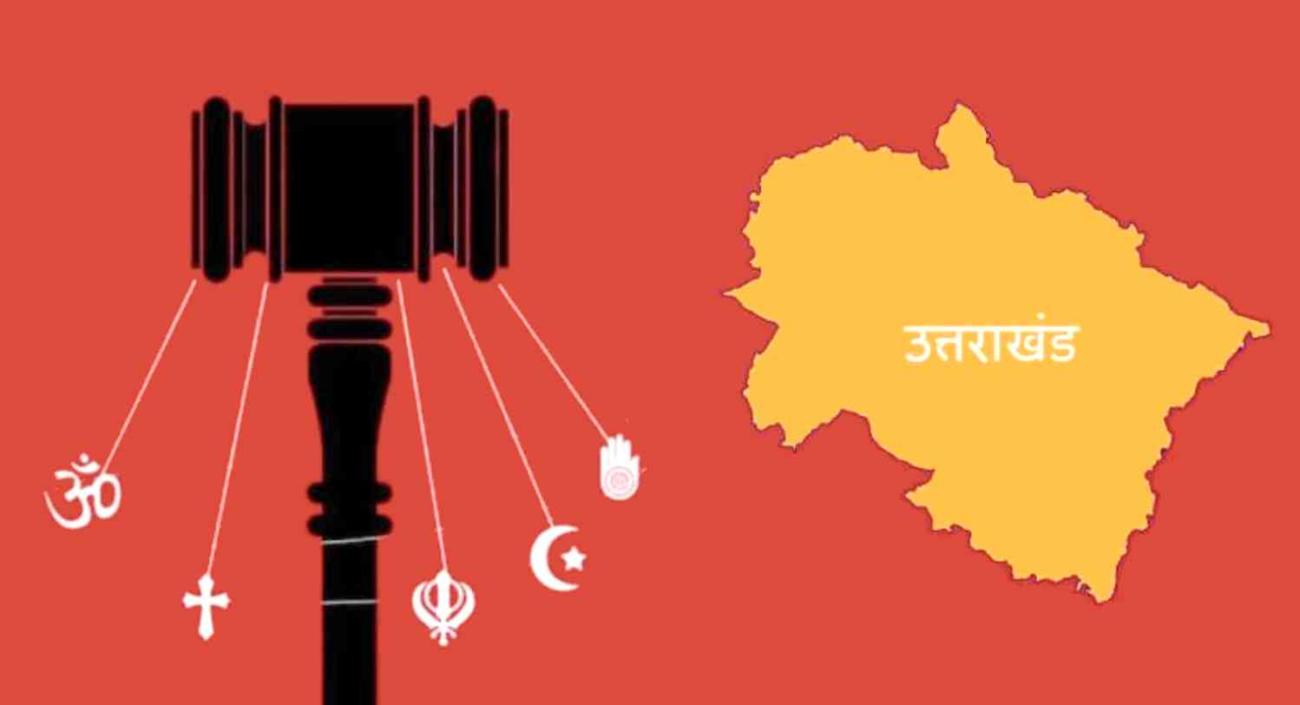Tapan Bose, a veteran and renowned filmmaker known for his unwavering commitment for human rights, passed away on January 30, 2025. He was a steadfast advocate for peace and democracy in South Asia. Born on June 8, 1946, Bose began his career as a journalist before transitioning to filmmaking. His accoladed works includes An Indian Story on Bhagalpur Bindings (1981), Bhopal: Beyond Genocide (1986), Jharkhand (1993) and The Expendable People (2016). He was also a long time well-wisher of CPI(ML).
His political journey began during the Emergency era in the 1970s, and later he was instrumental in founding several civil society initiatives, including the Pakistan-India Peoples' Forum for Peace and Democracy, the South Asia Forum for Human Rights, and the Rohingya Human Rights Initiative. He was deeply involved in campaigns for protection of human rights and peace during Punjab disappearances in the 1980s and 1990s, the Kashmir peace initiatives, and the Indo-Naga peace process. In the aftermath of the Babri Masjid demolition in 1992 and the Gujarat pogrom in 2002, he stood on the frontlines, amplifying the voices of survivors and challenging the narrative of communal hatred.
Tapan alongside Prof. Dinesh Mohan, Gautam Navlakha and Sumanta Banerjee, were among the first to visit Kashmir after the Gaw Kadal massacre in 1990. They documented human rights violations in the landmark report India's Kashmir War, which exposed state violence and called for a political resolution to the conflict.
His legacy as a fearless filmmaker, human right defender and peace activist continues to inspire those striving for a more just and peaceful world.

